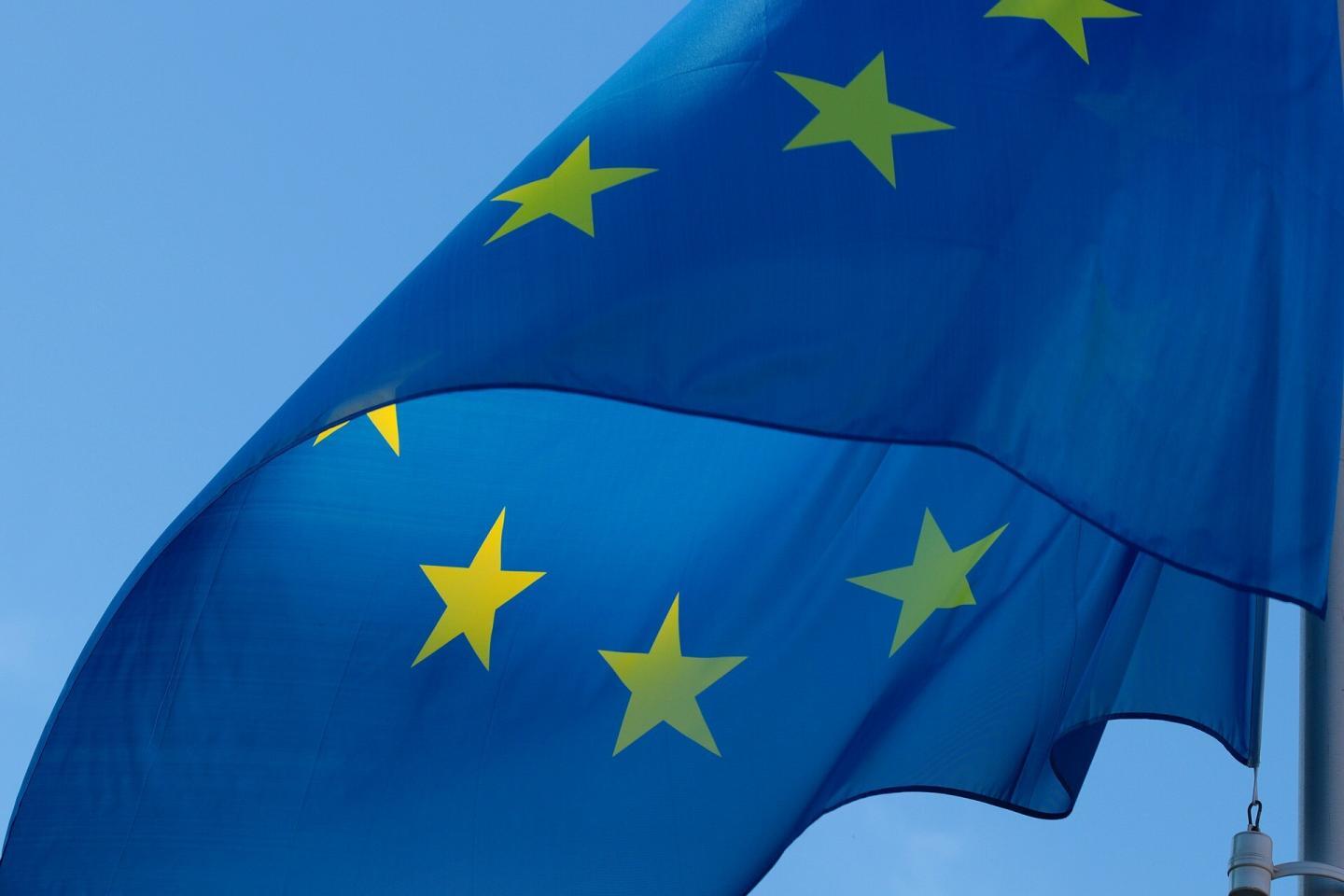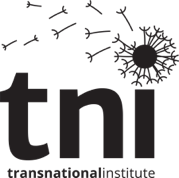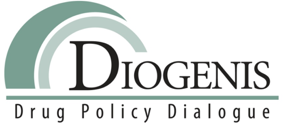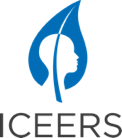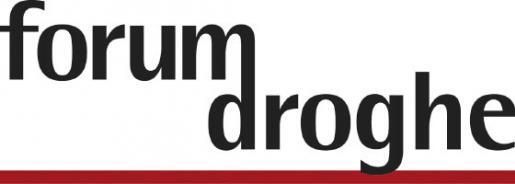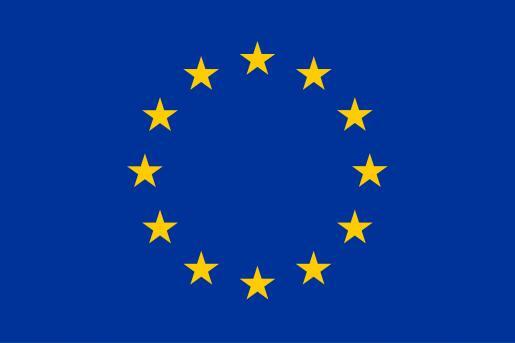This post is also available in:
 Italiano (Italian)
Italiano (Italian)
New Approaches in Harm Reduction Policies and Practices (NAHRPP) – 2017-2018
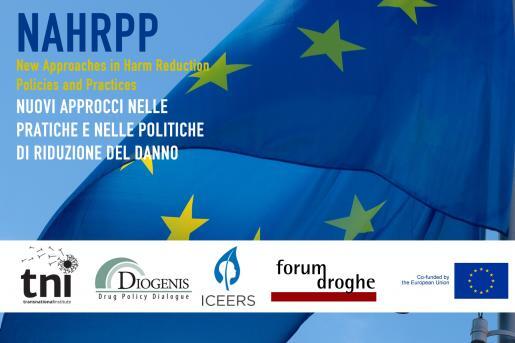 Leading organization Transnational Institute (TNI) (NL) https://www.tni.org/en
Leading organization Transnational Institute (TNI) (NL) https://www.tni.org/en
Partners:
- Diogenis (Grecia) http://www.diogenis.info
- ICEERS (Spagna) http://www.iceers.org/
- Forum Droghe (Italia) https://www.fuoriluogo.it
Background
1. Plant-based NPS are used increasingly throughout Europe yet lack of knowledge about the use of these compounds is cause to many misconceptions and brings along a range of harms. WS 1 aims to encourage the expansion of knowledge base, exchange of information, identification and dissemination of good practices in the area of prevention and harm reduction related to plant-based NPS and will target the people most involved in these substances: users, smart shops, on-line retailers and health institutions and drug policy makers.
2. Cannabis remains the most used drug in the EU and there is an urgent need to develop sustainable cannabis policies. WS 2 will collect information on best practices of cannabis users to reduce the risks of heavy patterns of use and will develop a model for self-regulation of use. An expert seminar will help develop two sets of guidelines on self regulation of cannabis use: one set targeting cannabis users and the other targeted at networks, public drug services and drug policy makers.
3. With the economic crisis the prevalence of drug use in South and South-eastern Europe has increased while the availability of harm reduction services declined. WS 3 will analyse the developments and challenges concerning treatment and harm reduction services in the context of the economic crisis and it will examine possibilities to guarantee sufficient harm reduction and treatment services. WS3 aims to create greater efficiency to guarantee the continuity and further development of services and as such is targeting policy makers and practitioners in the drugs field. The outcomes will be widely distributed including to policy makers, NGOs, experts in the drugs field, CSF, practitioners.
4. Local and regional authorities across Europe are confronted with the negative consequences of a persisting illicit cannabis market. Increasingly, local and regional authorities, non-governmental pressure groups and grassroots movements are advocating a regulation of the recreational cannabis market. WS 4 will include a SWOT analysis of possible cannabis market regulation models (in Belgium, Spain, Switzerland, Germany, Denmark and the Netherlands) and will allow local authorities to share best practices and improve the understanding of drug markets as a means to reduce the negative consequences of illicit drug markets on individuals and society. The outcomes will be shared with policy makers, local authorities, civil society (including the Civil Society Forum on Drugs (CSF)), media, and academics to provide input for the EU level policy discussions on a new Action Plan on Drugs.
Objectives
– Overall objective
The major objective of the project is to contribute to more effective implementation of the EU Drug Strategy and Action Plan 2013-2016 and evidence base development of the new EU Action Plan on Drugs 2016-2020 by strengthening collaboration between authorities, public services and civil society organisations in the region.
– Specific objectives
– to encourage the expansion of knowledge base, exchange of information, identification and dissemination of good practices in the area of harm reduction related to plant-based NPS among users, smart shops, on-line retailers and health institutions and drug policy makers to reduce the harms of the use of plant-based NPS.
– to reduce the risks of heavy patterns of cannabis use with the help of a model for self-regulation of use and to incresase the knowledge base of drug networks, public drug services and drug policy makers on cannabis use patterns.
– to allow local authorities to share best practices in cannabis regulation and build future cooperation
– to create greater efficiency to guarantee the continuity and further development of drug related services in South and SE Europe.
Activities
WS 1 (ICEERS)
– Develop and promote information and evidence base interventions on plant-based NPS
– Design and carry out an online survey on use patterns of plant-based NPS
WS 2 (Forum Droghe)
– Compile scientific repertoire on cannabis use patterns
– Carry out qualitative research on cannabis use patterns and self regulation and on web self regulation tools
– Convene an expert seminar
– Develop cannabis self-regulation guidelines and draft a policy briefing paper
WS 3 (Diogenis)
– Carry out qualitative research in 8 countries
– Convene and moderate an informal drug policy dialogue and produce report on the meeting
– Draft reports on the results of the research
WS 4 (TNI)
– Develop research protocol and carry out a SWOT analysis in six countries
– Draft comparative report
– Convene a conference and produce report on the meeting
Expected results
– Plant-based NPS users are better informed about how to reduce harmful consumption
– Plant-based NPS retailers and tour operators are better able to responsibly inform their customers about preventing harmful use
– Health professionals are more knowledgeable about plant-based NPS and patterns of use, and therefore able to act more effectively to reduce harms
– Increased self-regulation of use among cannabis users
– European policy makers, drug service providers and civil society networks are more knowledgeable about cannabis use patterns
– European policy makers have a stronger evidence base for developing the new Drugs Action Plan 2016-2020
– Increased mutual learning and understanding among local European authorities about the strengths and weaknesses of existing local cannabis regulation models and cross-border opportunities for cooperation
– More efficient and improved cross border cooperation in relation to Southern and South Eastern Europe among drug policy makers, health and social service practitioners and relevant civil society organisations
Forum Droghe (WS2 – Cannabis self regulation model in a harm reduction perspective
The objective of this WS is to expand the knowledge base on patterns of cannabis use in order to innovate Harm Reduction interventions and policy aimed at supporting users’ self regulation strategies (Forum Droghe has previously produced guidelines on self-regulation in cocaine use with similar methodology).
The starting point is a scientific repertoire based on desk research, this will be followed by a qualitative research which includes interviews to users (both individual and CSC members) in 3 countries: Italy, Belgium and Spain and the analysis of users’ fora and blog. The outcome of the research will include a comparison between collective (in the context of a cannabis social club (CSC)) and individual best practices in risk limitation in cannabis use. The associate partners University of Ghent and the University of Florence will help ensure scientifically sound research. The outcomes of the research will feed into an expert seminar for policy makers, NGOs and user associations (Florence, September 2018). At this seminar models for risk limitation in cannabis use will be developed including web tools for self-regulation of cannabis use. To conclude this WS will disseminate the guidelines to and the models for risk limitation to relevant stakeholders.
Coordinator: Susanna Ronconi
Communication: Leonardo Fiorentini
Organization: Hassan Bassi
Research Staff:
Stefano Bertoletti
Dr. Antonella Camposeragna
Prof. Dr. Tom Decorte
Ruben Kramer
Prof. Patrizia Meringolo
Dr. Òscar Parés
Susanna Ronconi
Dr. Grazia Zuffa
